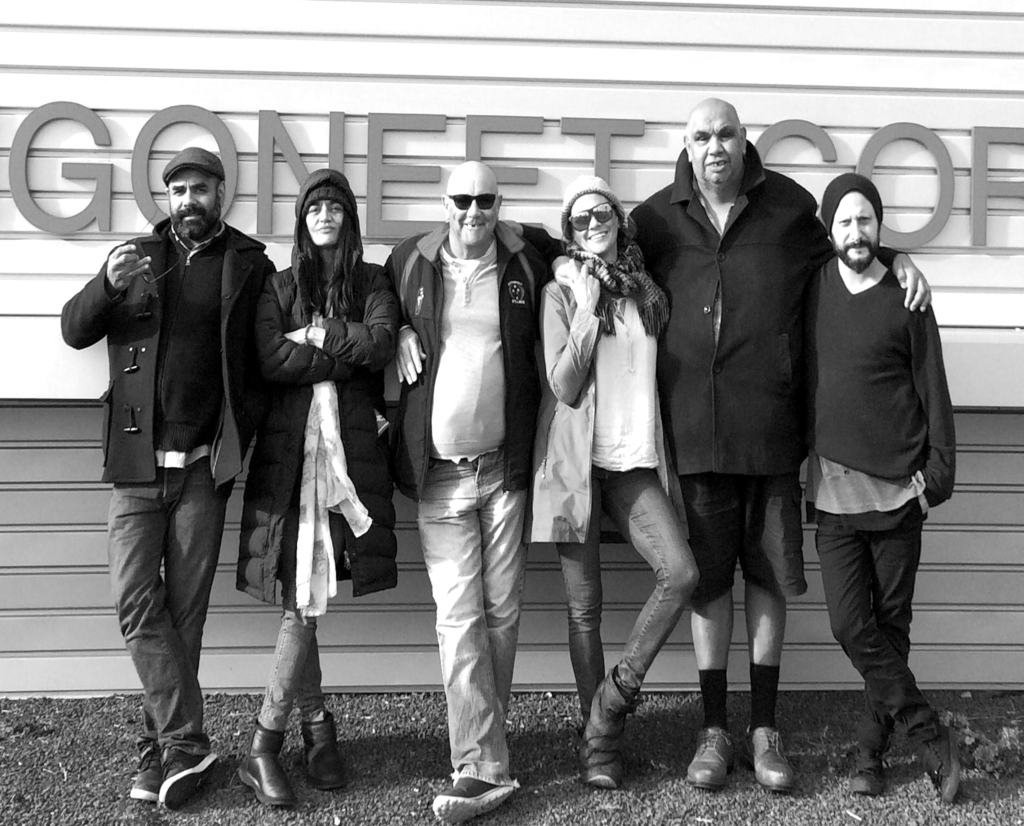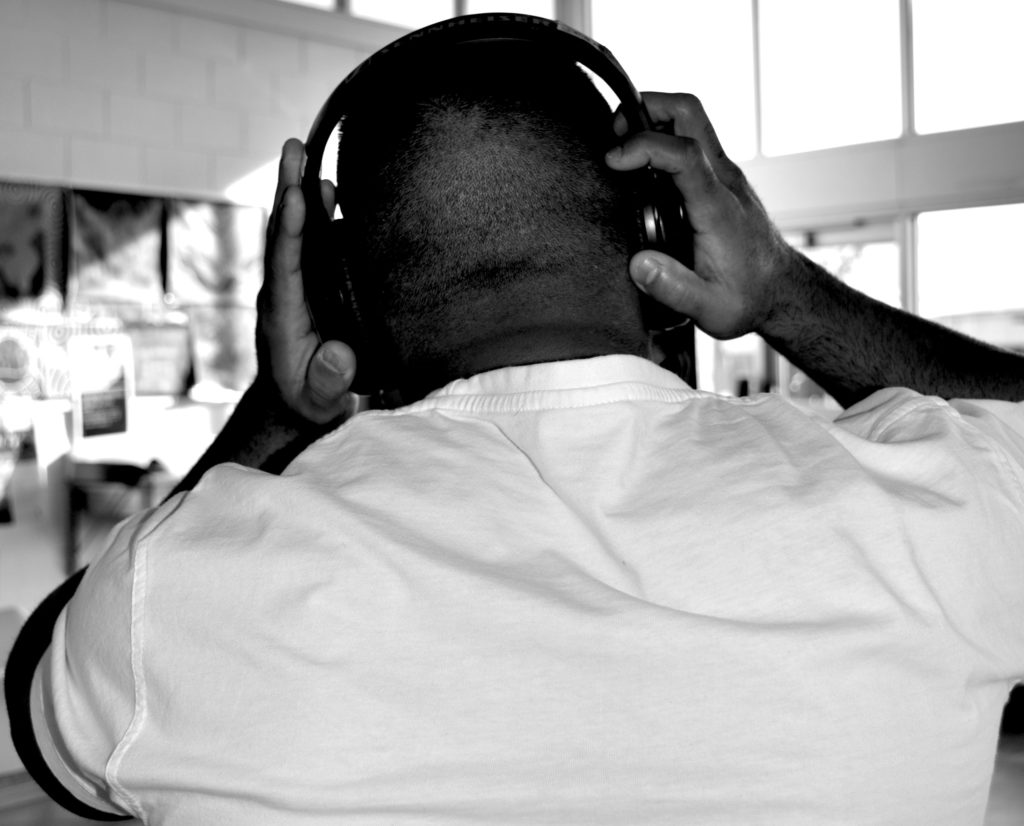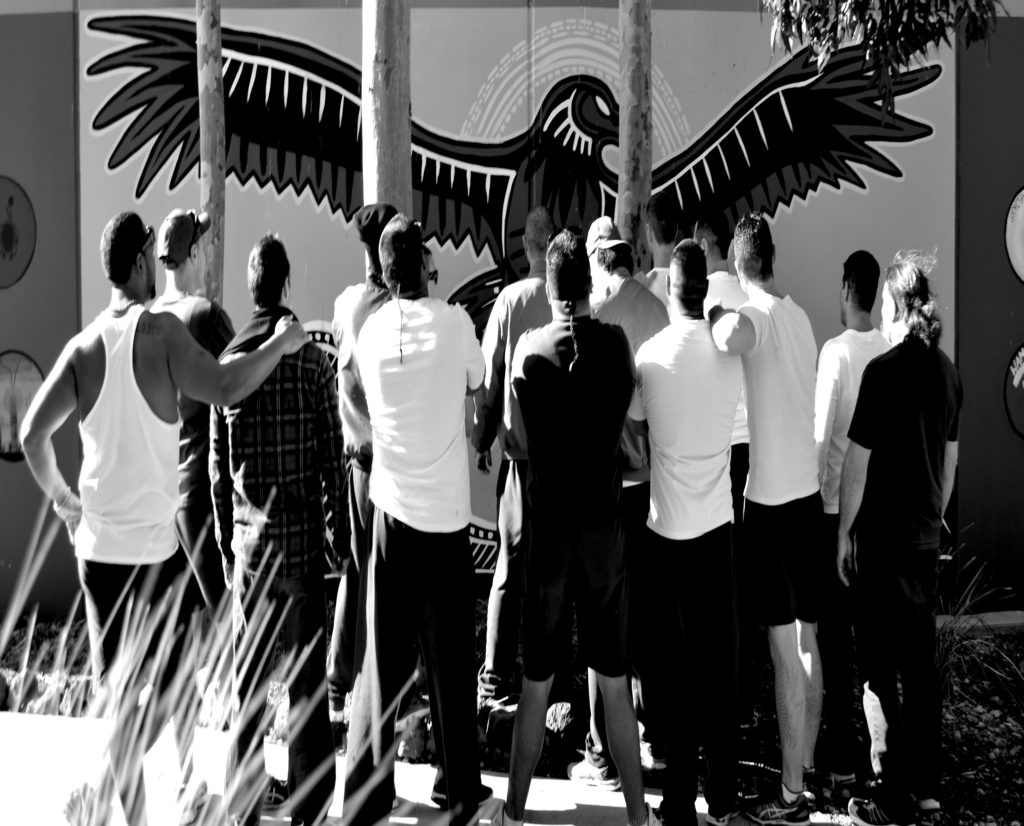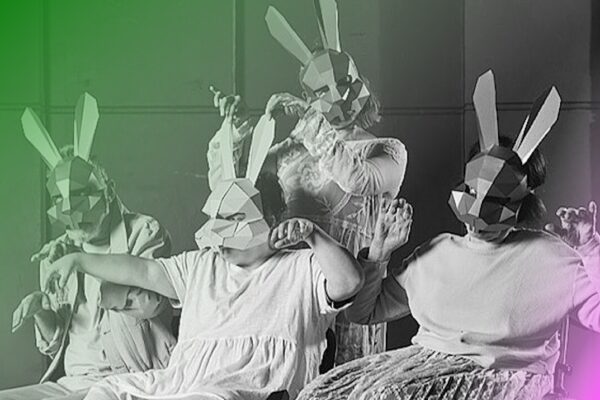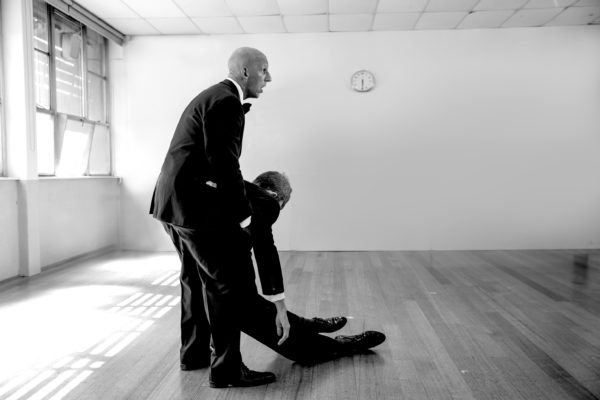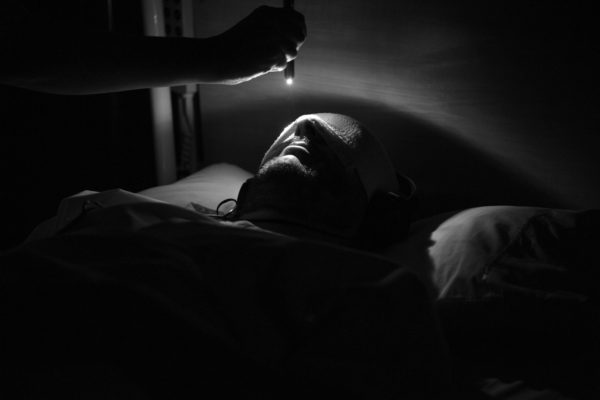BEYOND THE BARS
For 16 Years, as part of NAIDOC Week, 3CR have presented Beyond The Bars, a program that in the face of Australia’s appalling Aboriginal incarnation rates, has made for an opportunity for light to be shed, and voice given to our Aboriginal and Torres Strait Islander brothers and sisters from inside prisons and correctional centres across Victoria. The Melbourne Critique spoke with 2017 Broadcaster, Bryan Andy about this programs importance, particularly in the present moment, where facts paint a picture of the unflinching polarities, present in our own backyards.
Introduce us to Beyond The Bars. With a history that spans 15 years, what were the key issues that this program seeks to address, and Bryan what is your role within the project?
3CR’s Beyond the Bars is a unique project that promotes the voices of Aboriginal People in Victoria’s prisons. It’s been a dedicated NAIDOC broadcast of the station for over 15 years. In light of Australia’s appalling Aboriginal incarnation rates, Beyond the Bars is a vital forum for Aboriginal voices, pride, resilience and rights. I was so very honoured to be a broadcaster in the 2017 series.
What have been some of the most positive outcomes over the course of this program’s life?
From my perspective, I think the longevity of 3CR’s Beyond the Bars has made an indelible impact on NAIDOC Week every July, and an indelible impact on the lives of those willing to express themselves on air. As a broadcaster, a positive outcome was the rapport and sense of solidarity that Beyond the Bars offered for inmates.
Why are these stories that are being told so important and need to be heard by and in the greater context of Australian society?
Australia gets away with so many – too many! – human rights violations, and so projects like Beyond the Bars allow for insight into voices that are otherwise shunned or excluded from public discourse in the country. Australia asserts itself as an egalitarian society but the way we treat refugees and asylum seekers is appalling.
The power of story – how does this best work in the framing of a radio show, and who have been some of the key supporters of this project over the course of its existence?
Aboriginal people are so marginalised in Australian society. One just has to look at the disadvantage experienced in areas such as education, health and employment. Framing a politically potent radio broadcast on how these factors may manifest and lead to Aboriginal Peoples entering into the criminal justice system is a challenging story to tell but Beyond the Bars does that well. Listening to the published broadcasts gives us all an accessible insight into the lives of Aboriginal people that is incomparable and without peer. That’s why I love radio.
What are your hopes for this project and the voices of the people that Beyond The Bars represents?

